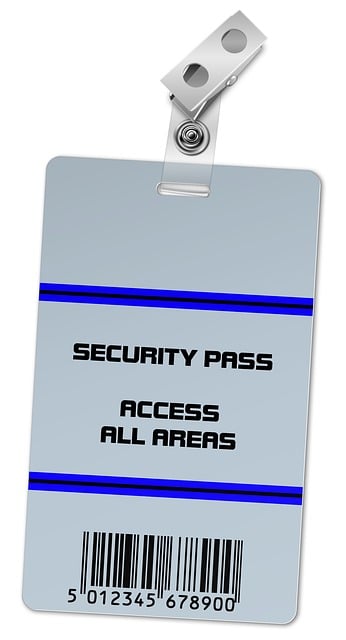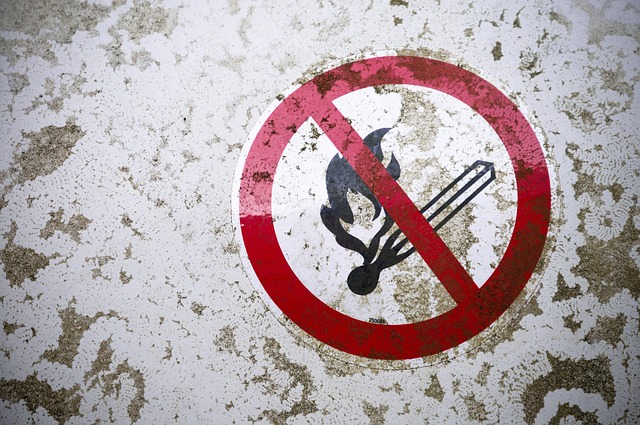Background checks, particularly vehicle operator screening, are crucial for transportation companies ensuring safety, compliance, and risk mitigation. Comprehensive screening involves verifying identities, driving records, medical fitness, and criminal history through document checks, criminal background checks, drug testing, and Motor Vehicle Report (MVR) examinations. Adhering to strict regulations and leveraging advanced technologies like AI enhance accuracy and efficiency in vehicle operator screening, ultimately fostering a culture of accountability and improved road safety.
Transportation companies face significant risks with their vehicle operators, making rigorous background checks essential for safety. This article delves into the critical role of vehicle operator screening as a foundational safety measure. We explore key elements of comprehensive screening processes, analyze legal frameworks guiding these practices, and discuss advanced technologies enhancing efficiency. Through case studies, we demonstrate successful implementations and their profound impact on industry safety, underscoring the indispensable nature of background checks in transportation.
- Understanding Vehicle Operator Screening: The Foundation of Safety
- The Role of Background Checks in Reducing Risks
- Key Elements of a Comprehensive Transportation Screening Process
- Legal and Regulatory Frameworks Guiding Screening Practices
- Advanced Technologies Enhancing Operator Screening Efficiency
- Case Studies: Successful Implementation and Impact on Industry Safety
Understanding Vehicle Operator Screening: The Foundation of Safety

Background checks are paramount for transportation companies aiming to ensure safety and compliance. At the heart of this process lies vehicle operator screening, a critical component designed to protect both passengers and other road users. Effective screening involves verifying identities, checking driving records, and assessing suitability based on medical fitness and criminal history.
Comprehensive vehicle operator screening methods go beyond mere documentation. They encompass rigorous verification processes that scrutinize an individual’s background, ensuring they meet the highest safety standards. This meticulous approach is essential in mitigating risks associated with human error, preventing accidents, and fostering public trust in the transportation industry.
The Role of Background Checks in Reducing Risks

Background checks play a pivotal role in reducing risks for transportation companies by ensuring the safety and reliability of their fleet and operations. Comprehensive vehicle operator screening is an essential component of any robust risk management strategy. By verifying an applicant’s identity, criminal history, driving record, and other relevant information, transport businesses can minimize potential hazards associated with hiring unqualified or unsafe drivers.
These checks help identify individuals who might pose a threat to public safety or the integrity of the company’s reputation. Through rigorous screening, transportation companies can mitigate risks of accidents, legal liabilities, and security breaches. Ultimately, implementing stringent background check procedures contributes to fostering a culture of safety and accountability within the organization, protecting both its assets and the well-being of those it serves.
Key Elements of a Comprehensive Transportation Screening Process

Background checks are paramount for transportation companies aiming to maintain safety and integrity within their operations, especially when it comes to vehicle operator screening. A comprehensive screening process involves several critical elements designed to verify identities, assess qualifications, and uncover any potential red flags. These include thorough document verification, where every credential and license is scrutinized for authenticity, ensuring the applicant’s experience and certifications align with claims.
Additionally, a robust transportation screening should incorporate criminal background checks, drug testing, and MVR (Motor Vehicle Report) examinations to gain an all-encompassing view of an applicant’s history. These measures help identify any legal issues, substance abuse problems, or reckless driving behaviors that could jeopardize the safety of passengers and goods. By integrating these key elements, transportation companies can create a robust barrier against unqualified or unfit individuals seeking roles as vehicle operators.
Legal and Regulatory Frameworks Guiding Screening Practices

Transportation companies operate within a robust legal and regulatory framework that strictly governs their screening practices, particularly for vehicle operator screening. This framework is designed to ensure safety, accountability, and compliance across the industry. Key regulations mandate comprehensive background checks, including criminal records reviews, drug testing, and verification of employment and driving history. Adherence to these standards not only mitigates legal risks but also fosters public trust by reducing the likelihood of unsafe practices on the road.
Regulatory bodies play a pivotal role in dictating the parameters of vehicle operator screening, setting minimum requirements that companies must meet. These guidelines are continually updated to address emerging threats and technological advancements, ensuring that screening methods remain effective and efficient. Transportation companies that prioritize robust background checks not only comply with legal mandates but also demonstrate their commitment to maintaining high safety standards, ultimately contributing to a seamless and secure transportation network.
Advanced Technologies Enhancing Operator Screening Efficiency

Advanced technologies have significantly revolutionized vehicle operator screening processes, making them more efficient and comprehensive. Digital platforms now enable thorough background checks by seamlessly integrating data from various sources, including criminal records, employment history, and educational qualifications. This streamlined approach ensures that transportation companies can quickly identify candidates with relevant skills and a clean record, reducing the time spent on manual verification.
Moreover, artificial intelligence (AI) and machine learning algorithms play a pivotal role in enhancing screening accuracy. These tools can analyze vast amounts of data to uncover patterns and potential red flags, such as inconsistencies in employment details or unreported convictions. By leveraging AI, companies can make more informed decisions, minimize hiring risks, and ultimately maintain higher safety standards on the roads.
Case Studies: Successful Implementation and Impact on Industry Safety

Background checks play a pivotal role in ensuring the safety and integrity of the transportation industry, with countless success stories to prove their effectiveness. One notable example is the implementation of rigorous vehicle operator screening programs by major trucking companies. By employing advanced screening methods, these businesses have witnessed significant improvements in driver safety and operational efficiency.
Through case studies, it’s evident that comprehensive background checks can deter potential risks on the road. These checks include verifying driving records, criminal history, and even substance abuse tests. As a result, transportation companies have experienced reduced insurance claims, decreased incident rates, and an overall safer working environment for both drivers and passengers. This positive impact has inspired other sectors within the industry to adopt similar strategies, fostering a culture of accountability and safety across the board.














